12, August 2024
Biya regime spends 90% of Chinese development loans on Francophone regions 0
In Cameroon, violent clashes between government forces and separatists from the English-speaking parts of the country started in 2017. Since then, at least 598,000 people have had to leave their homes and about 2 million have been left in need of humanitarian aid.
The anglophone crisis resulted from the government’s repressive response to largely peaceful protests in 2016-2017. Protesters were demanding an end to the marginalisation of the anglophone minority.
Since then, Cameroon’s military has been fighting separatist forces from the two anglophone regions of the country: North-West and South-West.
The marginalisation continues, most recently in how the government chooses the location of Chinese-funded projects. Their allocation has been heavily skewed in favour of the French speaking side of the country, leaving the anglophone region marginally represented in the geography of Chinese assistance to Cameroon.
I’m an international relations scholar with a focus on China-Africa relations and the security implications of Chinese engagements in Africa. In recent co-authored research, we looked at geographical patterns of Chinese-funded projects in Cameroon.
Cameroon depends on foreign finance for mega development projects. China is its leading source for this. Foreign aid, in the form of financial grants and loans, can help recipient countries to provide public infrastructure such as dams, ports, railways and electricity. This can support the 2030 Agenda for Sustainable Development, adopted by United Nations member states in 2015.
The research found that nearly all 51 project sites were situated in the francophone region. This is also the region where Cameroon’s long-sitting president, Paul Biya, was born. Only four (8%) of the projects were located in the anglophone region.
This is despite the fact that the anglophone region is home to at least 20% of the country’s population. And it has development needs and potential similar to the francophone region, as the country’s National Development Strategy shows.
The Chinese have pledged to support infrastructure development projects to realise Cameroon’s vision of being a newly industrialised country by 2035.
The finding of skewed development is important because the government in Yaounde has tended to repress accusations of institutionalised discrimination in the country. It recently labelled anglophone activists as “terrorists who exaggerated anglophones’ feelings of frustration.”
The unequal use of Chinese development finance has implications for Sustainable Development Goals: 7, 10 and 16 which respectively deal with energy access, economic inequalities and peace.
These goals have a direct connection to Cameroon’s challenges, including the anglophone crisis.
Unbalanced energy access
Sustainable development goal 7 is universal access to affordable and sustainable energy. This is important for lighting up homes, offices, schools, hospitals and streets, and powering factories and entertainment. It will ultimately improve people’s living conditions.
Cameroon’s national development strategy commits the government to build and repair hydroelectric dams across the country.
Our study, however, found that all hydro-power dams constructed so far with support from China are in the francophone region.
We found none located in the English-speaking regions of the country, even though those areas have a power crisis, made worse by the armed conflict.
The Cameroon government often blames limited finance for its failure to electrify many communities across the country and construct a dam in the anglophone region.
Cameroon has a power transmission network that distributes electricity across regions. But we found that communities close to power generating plants receive priority access to the transmission grid. This leaves communities further away vulnerable to poor supply. This has inspired a reliance on solar power systems in many parts of the anglophone region.
There are reports that the government has begun negotiations with Exim Bank China for funds to construct Menchum hydroelectric dam in the anglophone region.
Meanwhile, access to affordable hydroelectric energy remains uneven in Cameroon.
Economic inequalities
Sustainable development goal 10 seeks in part to reduce economic inequality. The way Chinese-sponsored projects are distributed in Cameroon potentially translates to more economic opportunities for the francophone region, relative to the anglophone region.
In search of economic opportunities, Cameroon’s English speakers often have to get past geographical and linguistic obstacles and a pro-francophone bureaucracy.
In my fieldwork observations and interviews at Chinese-funded project sites in the francophone region, I found that most of the Cameroonian workers and traders were French speakers. This was the case at the port project in Kribi and at the Kribi-Lolabe Highway project.
The few anglophone workers I spoke with reported challenges like funding recruitment trips, finding satisfactory accommodation, and integrating in host communities.
Risk of enduring insecurity
Cameroon was historically a peace sanctuary in central Africa. Since 2016, the country has descended into unrest, with protests, riots, crime, violence and repression. All this is a challenge to SDG 16.
At the heart of the unrest is the anglophone crisis. It is rooted in the colonisation of the country, first by Germany, before its partitioning by the French and British governments.
The English speakers of Cameroon are in the minority and believe they have been marginalised by the French speaking parts.
Source: The Conversation
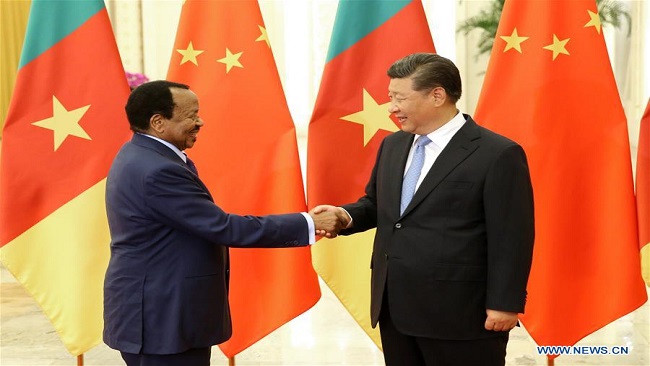

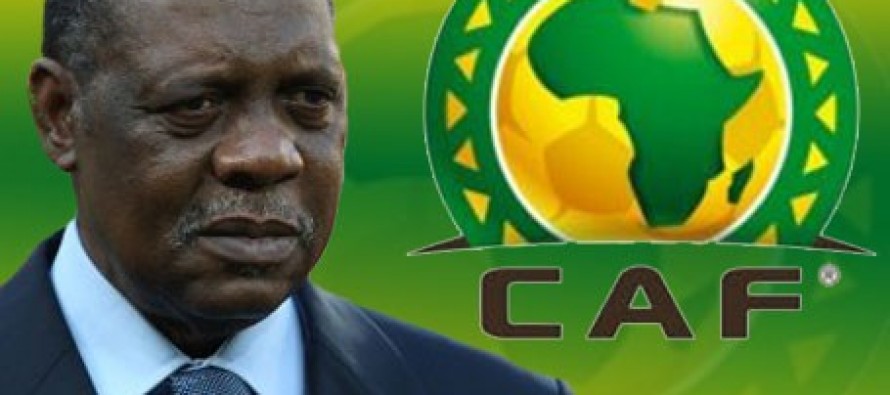

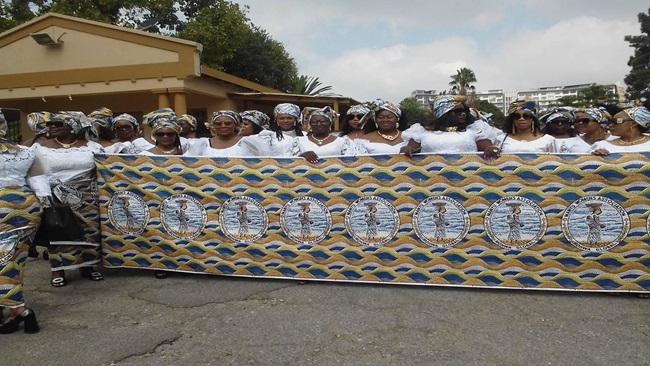
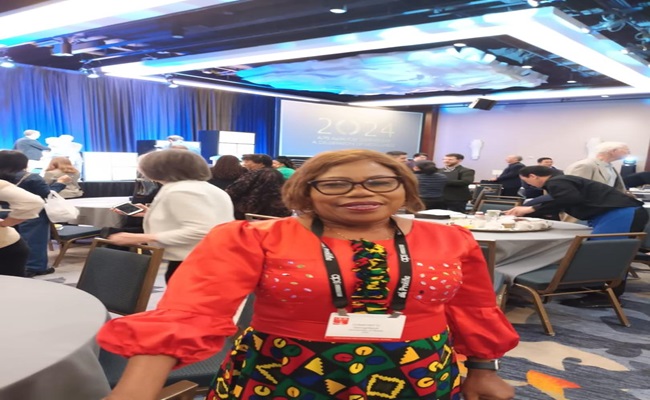

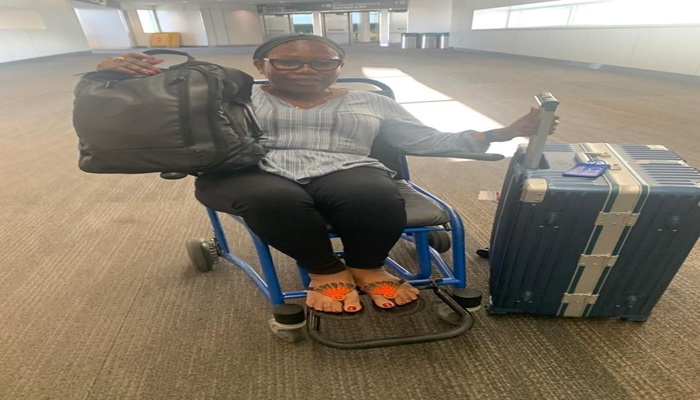
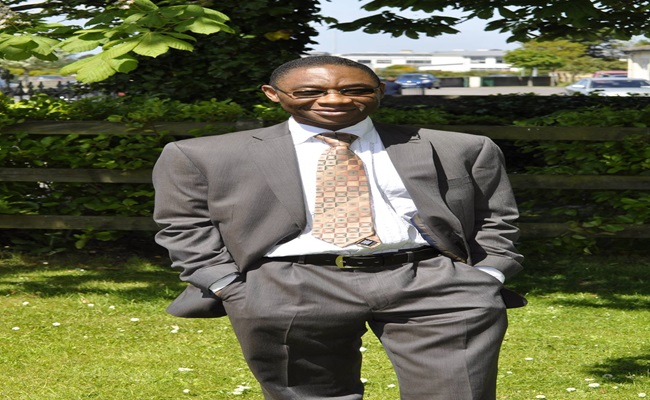


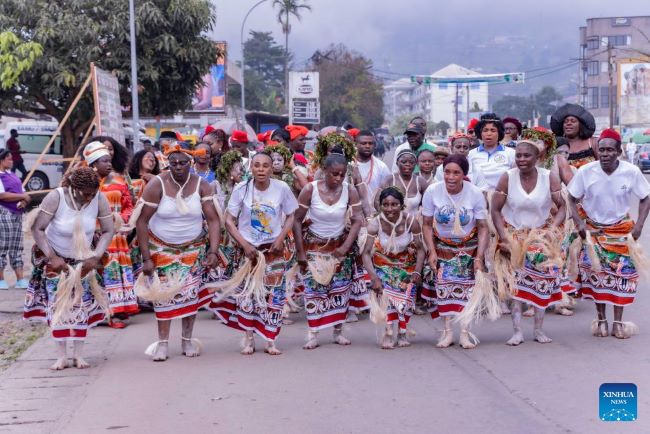

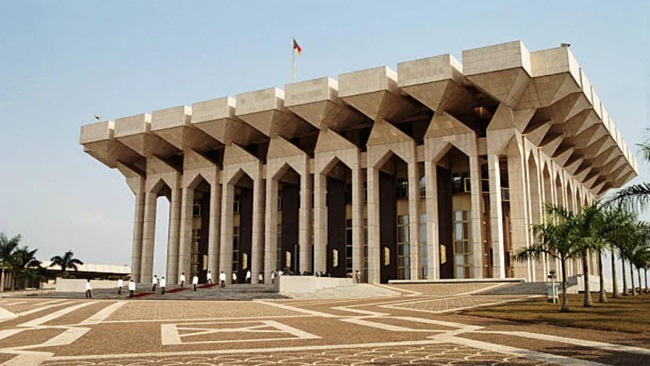












12, August 2024
MOHWA: Evidence, not ranting! 0
The MOHWA roof is on fire and even their best fire fighters are incapable of putting out the blaze. Nothing hurts like the truth and until MOHWA leaders clean up their mess, nobody will trust them. This scandal has hurt MOHWA and many donors have walked away.
While good leaders lead their communities and organizations into the land of promise, using credibility and accountability, MOHWA leaders have led this erstwhile iconic Manyu organization into a massive category nine storm which has torn the organization into pieces, using intimidation and manipulation.
Now that the cat is out of the bag, MOHWA leaders should know that the onus is on them to prove their innocence. Ranting will never replace evidence and threats of legal action will not deter whistleblowers from telling the truth.
The Cameroon Concord News Group is a devil in alliance with the truth. It will never be an angel in alliance with falsehood. The journalism profession is not where love should be sought. It is a profession driven by the desire to report the truth and fight malfeasance in all of its forms. And that is what the Cameroon Concord News is doing.
Those who are insisting that the Cameroon Concord News journalists are amateurs are simply blissfully oblivious of their own ignorance. Which evidence of infighting and mismanagement are more obvious and more eloquent than the formation of EYUMEMA, NYENE MAWN and BECHOKO NGOREH MANYU?
Which evidence is more devastating for an organization than the lack of transparency in the management of the organization’s finances? When was the last time MOHWA financial reports were audited? When was the last time they were presented to the general assembly? These are some of the questions MOHWA leadership should be answering for the public to continue trusting the organization, after all, the organization’s money also comes from goodwill donations.
If those who are stuck with a corrupt leadership do not see a need for an internal investigation and an audit of MOHWA finances, the public needs those investigations for it to continue trusting the organization and giving its money.
A humble leader should urge his or her collaborators to come up with incontrovertible and exculpatory evidence which should restore confidence but over the last few days, though she has lost sleep, she has continued to be defiant claiming that the allegations are rubber bullets which are not hurting.
No responsible leader speaks that way. Sources close to Comfort Beyang have reported that the allegations have hit her like a ton of bricks and, over the last week, she has become overly talkative, spending more time on the phone to gauge her supporter’s reactions and loyalty.
She does not know that her supporters will not want to rub her the wrong way, but behind the scenes, they know that she is not worthy of their trust. She has destroyed a once buoyant organization because of her greed and arrogance and the spirit of the late General Nana Abunaw is chasing her all over the place.
She is now a glaring example of why poor people should not be leaders. She wants to live the big life but her meager university salary cannot provide her the luxury and recognition she wants.
If she was really wise, she would have known that desire creates slaves out of kings. Her insatiable quest for power and recognition, and her love of a big life have diminished her in the eyes of the public.
This scandal has reduced her to normal human proportions and her scheme to use MOHWA to hoist herself to the top of the political world in Cameroon has been foiled. This is really what is hurting her at this time.
She still has a choice – present clear evidence of innocence and the public will trust her. Without such evidence, then she will been seen as being untrustworthy to handle any public office.
I dedicate this flat write up to late General Nana Abunaw-the Peace Maker
By Soter Tarh Agbaw-Ebai
Group Chairman and editor-in-chief
Cameroon Concord News Group